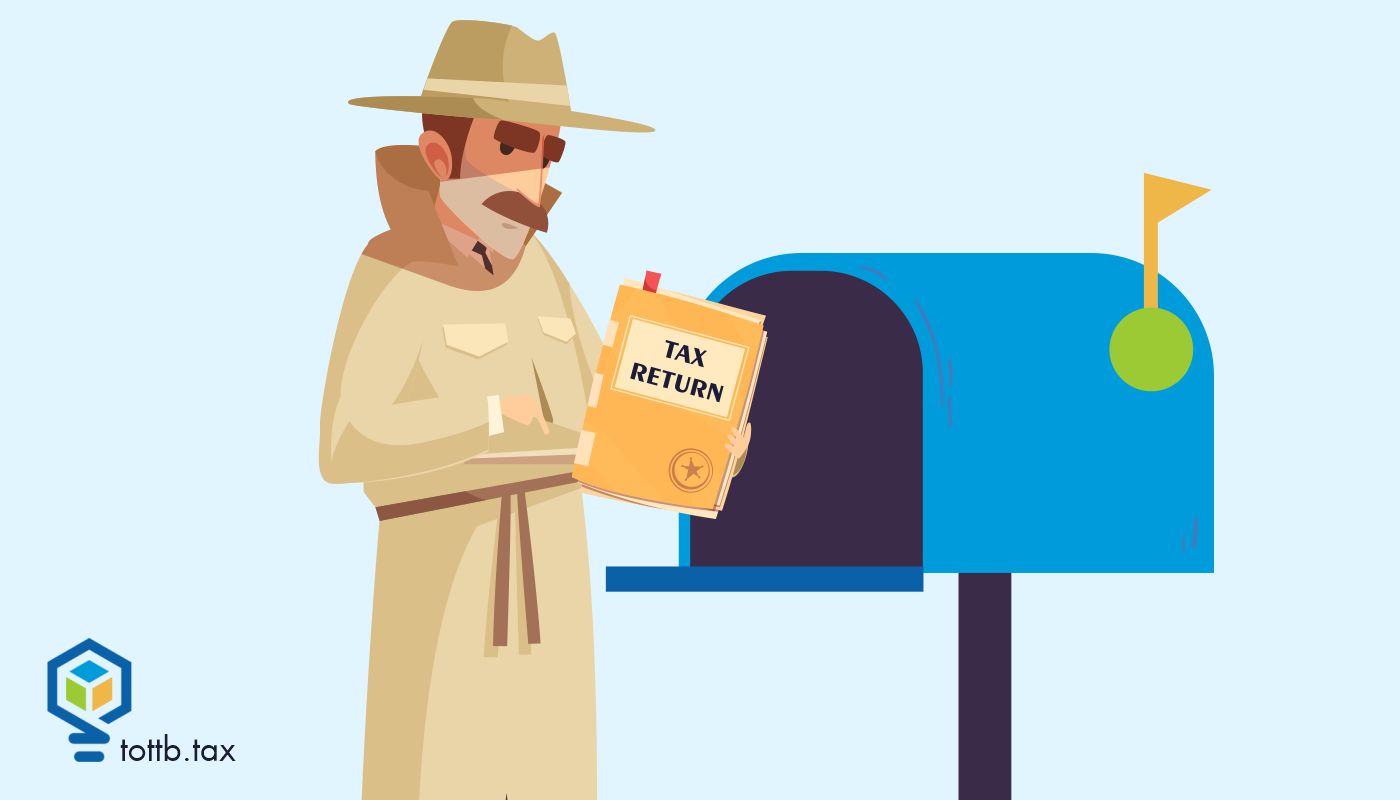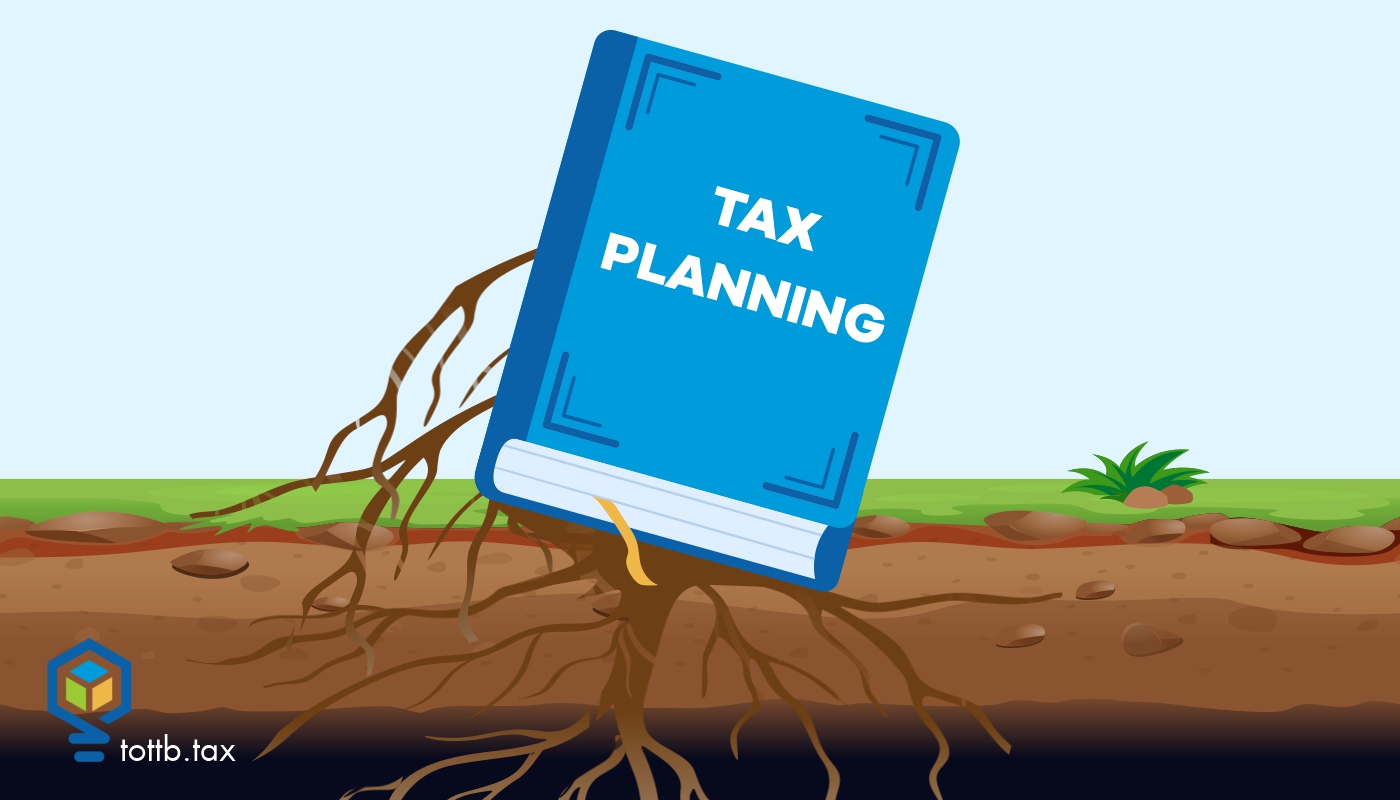Understanding Accountable Plans: Tax Advantages for You and Your Business
Question: I’ve heard other planners talk about using an accountable plan to reduce tax, but how exactly does this save a taxpayer money?
Answer: An accountable plan is a type of reimbursement arrangement between an employer and employee that meets certain IRS criteria. It often covers business expenses that an employee incurs while performing their job, such as travel costs, home office expenses, or supplies. The way this plan helps save money on taxes is through the appropriate treatment of reimbursements or allowances under the tax law.
Did you know that reimbursements for out-of-pocket expenses are taxable income? Normally, reimbursements for expenses are income, and the employee needs to pay income tax on them. However, if the expenses meet the criteria of an accountable plan, they’re excludable from the employee’s income. This means the employee does not have to pay income tax, Social Security, Medicare, or unemployment taxes on these funds.
What about the case of partners in partnerships and shareholders in S-corporations? These individuals often face out-of-pocket expenses that the respective partnership or S-corporation doesn’t reimburse. Is there a way for these individuals to reap tax benefits for these expenditures too?
There used to be. Under pre-TCJA rules, employees and owners of partnerships and S-corporations could deduct ordinary and necessary expenses, which were unreimbursed from the business as a Miscellaneous Itemized Deduction subject to the 2 percent floor.
To learn how to make sure your S-corporation and partnership out-of-pocket expenses are deductible, and reimbursements are not taxable to the owners, click here to read on.
Read More












